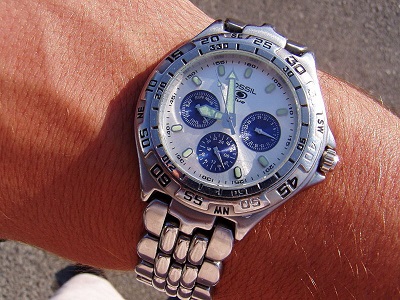According to the results from an Asian hotel booking website survey, smartphones are key to good vacations.
An Asian hotel booking website, Agoda.com, has conducted a study regarding travel habits and behaviors of people around the world, and what they found was that people from Asia feel that mobile technology is the most important thing to remember when on a vacation.
The majority of westerners feel the same way about remembering their credit cards.
The website held the survey online during February 2014 and involved the participation of more than 50,000 of the site’s customers. These individuals were from countries around the world and were asked what item they would least like to forget to bring on vacation with them. Asian travelers chose their mobile technology, hands down. Western travelers clearly felt different about the most important item that they would need to bring.
This helps to demonstrate the importance of mobile technology to the average person in Asia.
Among the travelers from Asia, 45 percent said that their smartphones were the one item that they would most hate to forget when going on vacation. In second place was credit cards, which were chosen by 29 percent of the votes from that region. Europeans and Americans, on the other hand, said that credit cards were more important to remember than their cell phones.
The responses from the European travelers said that credit cards were most important to 47 percent of them. Among Americans, that figure was 44 percent. Only 19 percent of respondents from Europe and North American said that mobile devices were the most important.
Survey participants from France showed the largest disparity between the importance of credit cards and mobile technology. Fifty eight percent felt that credit cards were the top thing that they would not want to forget to pack, while only 9 percent were concerned about remembering their smartphones.
In Asia, the only country that showed an exception to the rule where mobile devices came first was among the respondents from Japan. There, 38 percent chose their credit cards first while 28 percent selected their cell phones.
The technology giant and the designer accessory brand are coming together for wearables fashion and functionality.
As soon as the Android Wear operating system for wearables such as the smartwatch were announced, Google stated that a number of large brands such as LG, HTC, Samsung, Motorola, and Asus would all be powered by the OS later on this year.
That said, Google also dropped another important name, though not of a tech brand: Fossil.
Fossil is a designer brand of accessories and clothing and will now be working with Google in the design of its smartwatch, causing its shares to rise considerably. The designer brand is based in Richardson, Texas. Its chief strategy and marketing officer, Greg McKelvey said that it is a company that is driven by design and innovation in the creation of products with which customers will simply fall in love.
Now the brand is hoping that a new kind of accessory, the smartwatch, will be something its customers love.
McKelvey released a statement in which he explained the company’s perspective on these wearables. In it, he said that “We believe we are uniquely positioned to develop and bring to market products for our fashion customers that marry the beauty of our designs, the promise of our brands and now the function of new technology.”
He pointed out that this form of wearable technology is “still very much in the formative research and development stage,” but that they are actively taking part in a drive toward wearables that will bring tech and fashion together.
As it is becoming widely believed that one of the primary barriers standing in the way of the widespread adoption of wearable technology is its clunky, large, science fiction geek look, the development of a device by a fashion designer could mean that this struggle could be overcome. Many feel that companies need to work together in order to speed up the development of devices that people will actually wear, instead of releasing one generation after the next that draws curiosity but doesn’t generate the necessary sales.
It will be interesting to see what designers do to the smartwatch over the next few months, as it could change the face – so to speak – of these devices, altogether.



